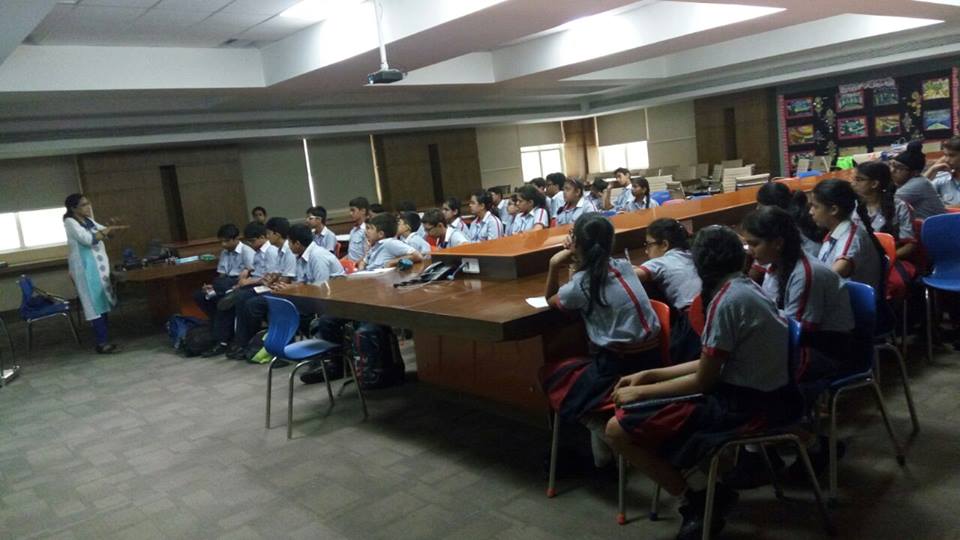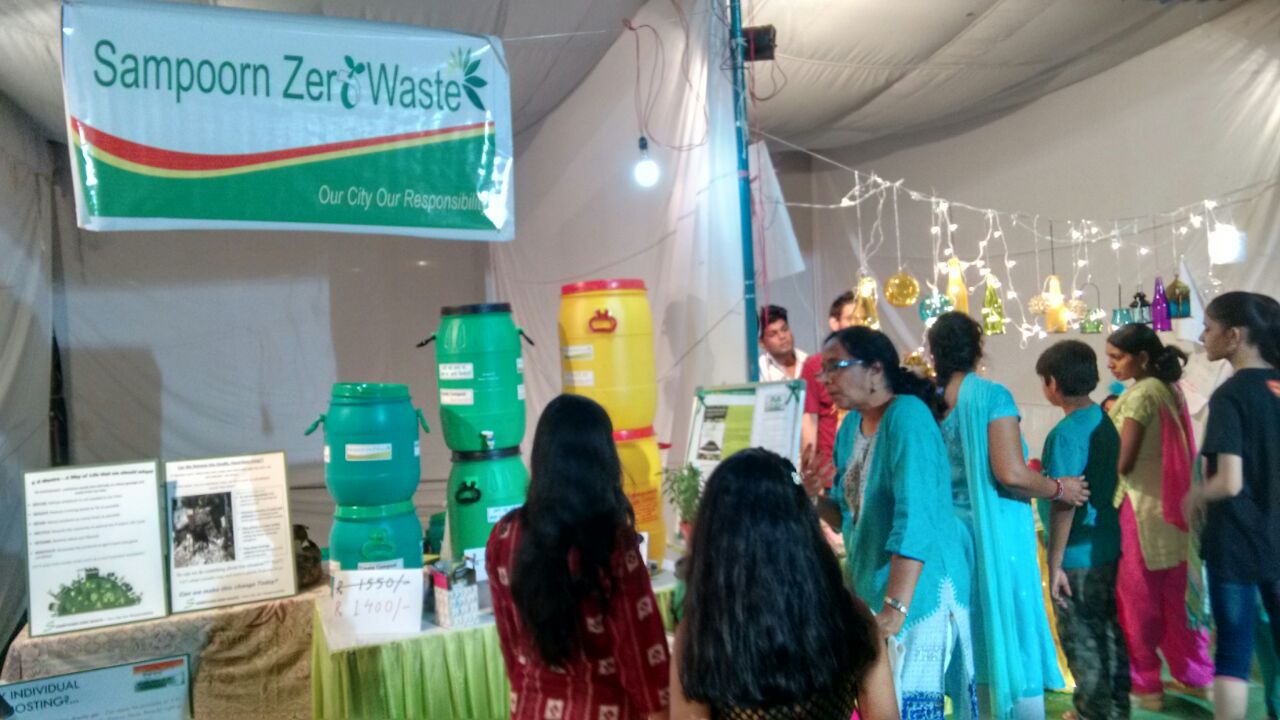







Composting is nature's process of recycling decomposed organic materials into a rich soil known as compost. By composting your organic waste, you are returning nutrients back into the soil in order for the cycle of life to continue. Finished compost looks like soil–dark brown, crumbly and smells like a forest floor.
Compost is made by decomposing organic waste such as food waste (vegetable/fruit waste, other kitchen waste) plant material (leaves, grass clippings), paper etc.
4 conditions are required to create compost: browns, greens, air and water.







This website uses cookies to ensure you get the best experience on our website.